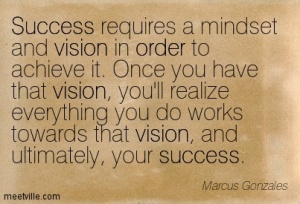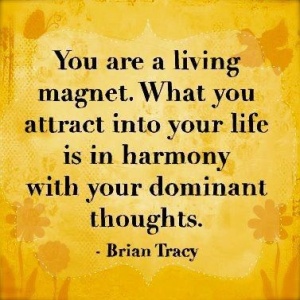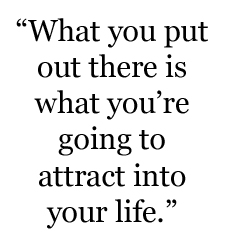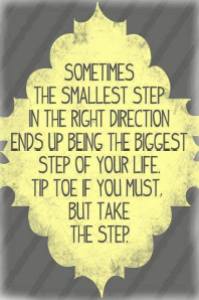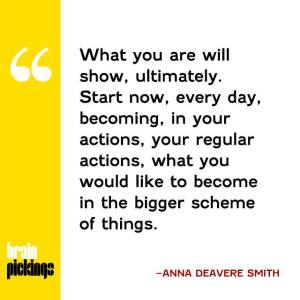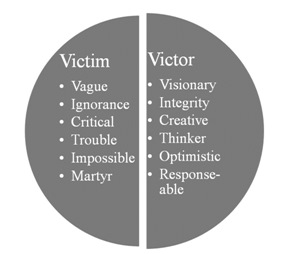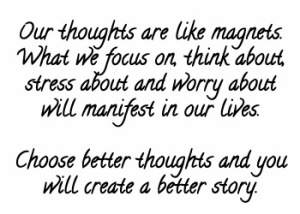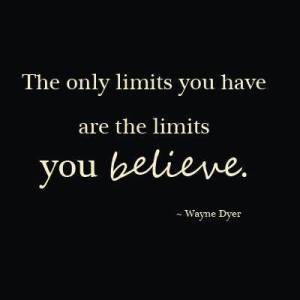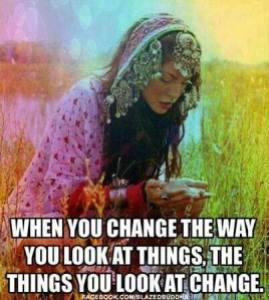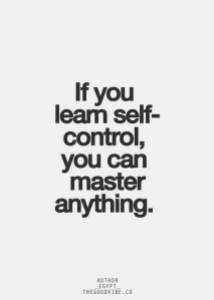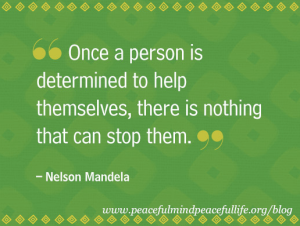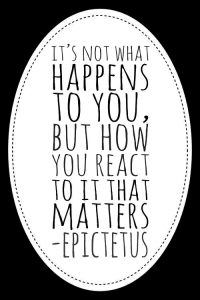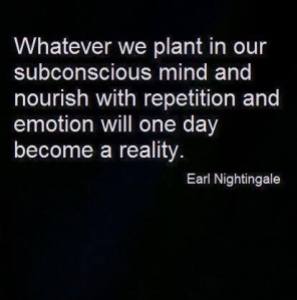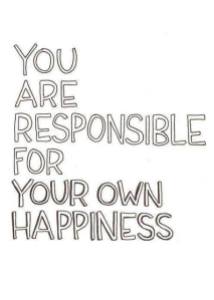“YOU succeed much faster when people like who you are and what you are. Everything I have shared, in my recent posts, about the Golden Rule, the Platinum Rule and acting in loving ways towards a partner, your family, associates and even strangers is applicable to your career and your job success. Behave in loving ways and you can ignite your career track beyond belief!
When you fist behave lovingly toward others AND yourself, when you hold others and yourself in the highest esteem, you are transforming yourself and your relationships in positive ways. Others will notice and you will stand out in the crowd. Your energy will be uplifting, dynamic, confident and kind. You will set your self apart from all the rest who just go about life and their career with only themselves in mind.
People will be attracted to you because you are operating from higher positive intentions. You are filling your mind and your heart, your feelings, your words and your actions with positivity. When you wish the very best for others, and do the best to help them feel loved, accepted, valued, and supported, without seeking to get anything back, you ultimately gain more in return than you can ever imagine!
In your career, and in all business, when you go the extra mile, when you help your boss or others get ahead without being asked to and without expecting payment you demonstrate that you are a person of integrity and high-value. You display initiative when you help others meet their needs. If you can save them time, money or energy you will be sought after. If you will do what most others refuse to do you can most likely write your own ticket.
When you are so filled with the joy of living and loving, when your thoughts and feelings and actions are congruent and aligned with these high positive intentions you are a joy to be around. You are someone people want to associate with and you become indispensable to others. When you put others first you make yourself a genuine team player. You make yourself invaluable.
The issue with so many pursuing careers is that they only see others as stepping stones for getting where they want to get. These types tend to be aggressive and use people. They complain and whine about the circumstances or actions of others. They are envious when other people get the job or move forward advancing their careers. This type of person is more than competitive, they think and speak and act only with regard to themselves. They are easily identifiable and if not easily avoidable many will do their best not to have to interact, be around, or work with them.
You have to know that no one ever, EVER, makes it on one’s own. It is a network of co-operating resources that enable people to do well in the world. Would you believe someone who claimed, ‘Hey I go out and get the raw materials, I mine them. I transport them in my own vehicle to bring them back. I manufacture them all alone and I promote and market them without any assistance from anyone. Then I sell them all by myself off my own website. NO one has ever helped me.’ Perhaps, that is true, but the people who purchased your product are the ones who help make you successful!
Without these people you wouldn’t have any money. So even in the rarest of all circumstances, as in this example, there are others involved who are responsible for this person’s success. There are other ways people contributed to the process indirectly. Someone made the vehicle and made gasoline available. Someone manufactured the tools the computers and the marketing means. Others are involved whether they are given recognition or not.
Alright, so that was an extreme example of someone determined to claim no one ever helped them. For most of us many people help us all along the way. Some do it freely and others charge for their services. The point is we are interconnected. We don’t actually live in complete isolation. We depend on others and others depend on us. This is why networking is so important. Ultimately, we all help each other.
If you really want to get ahead apply the Golden Rule. Add value to others first. Hold everyone in the highest possible regard. Go out of your way to be positive and nice and behave in loving and kind (appropriate) ways and you will endear others to you. Birds of a feather flock together so you will discover other incredible people who will support and encourage you too.
Give first without asking in return and you will get back because people want to return kindnesses. Be helpful and respectful, don’t be a pest. Be positive, don’t complain or blame others. Don’t gossip.
Celebrate joyously when others succeed and you will do much to increase the likelihood of your own success. There are people watching you on your career path and they can tell when you are genuinely interested in others. People can tell when someone is only in it for themselves.
Consider yourself as a beacon, a walking billboard. You advertise exactly who you are and what your values are the moment you enter a room or open your mouth. People can see you coming a mile away and they are either deliriously happy when you arrive or they want to flee.
Be the kind of person other people really want to be around and you will go far. Smile, be happy and enthusiastic.
When you go for an interview or an audition remember your energy either fills the room with powerful friendly presence or it sucks the energy from the room. Those you are meeting can immediately tell whether you are a life giver or a vampire. If you want a chance at a call back or to book the job or get the position people must feel that you are someone they want to be around and spend time with.
Yes, it is important to be talented. You should be qualified and right for the part, or the position. Still, who you are matters so much more than what you can do. If you want the chance, if you want the opportunity for yourself to get ahead and skyrocket your career be the best person you can be AND be the best in your work. You will get noticed, you’ll be remembered, and get called. More in the next post.” Rex Sikes
Have fun today! Enjoy yourself!
Subscribe and Follow Daily Inspiration and Gratitude! Visit often. Feel free to comment. If you think others would benefit please share this blog with others.


